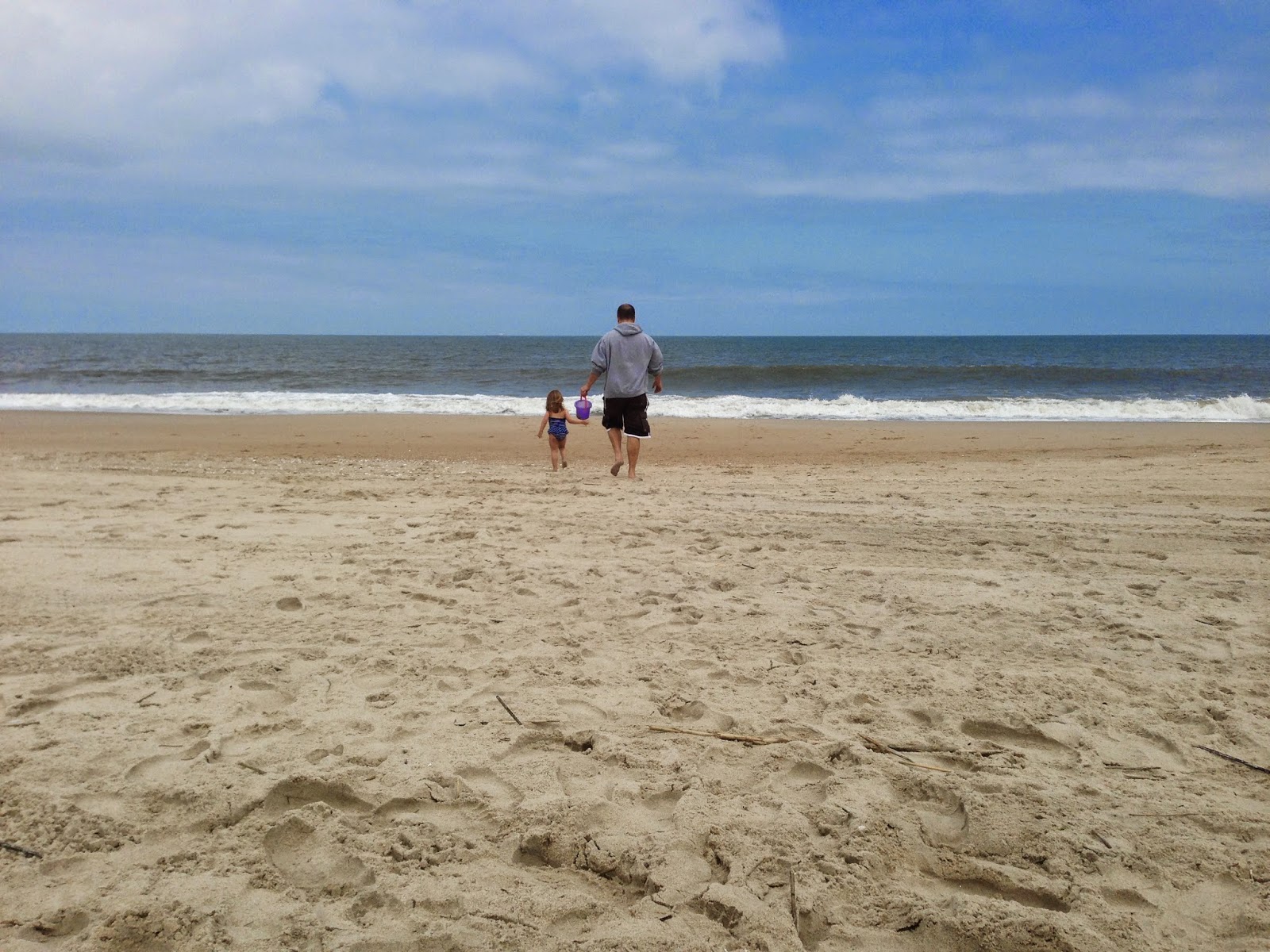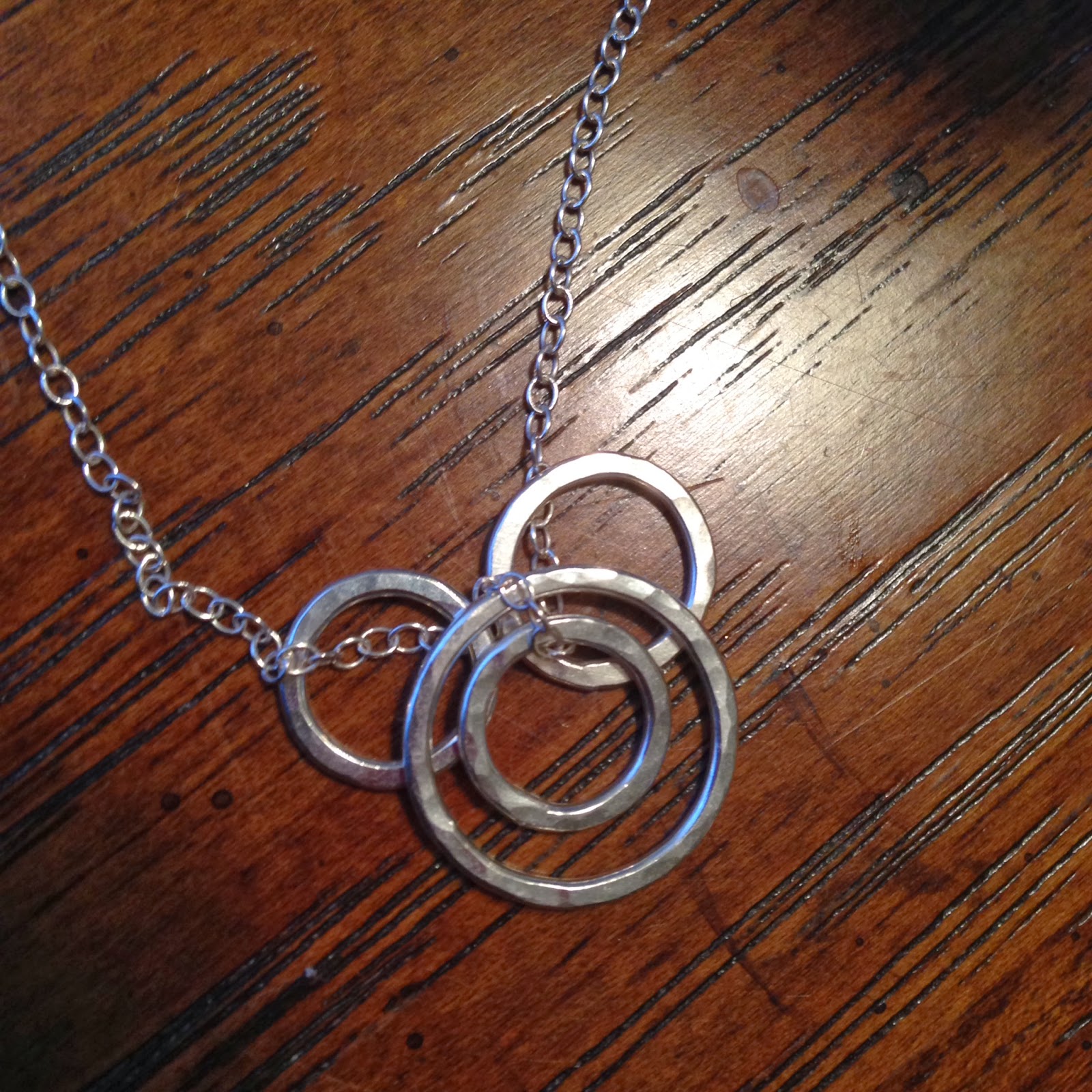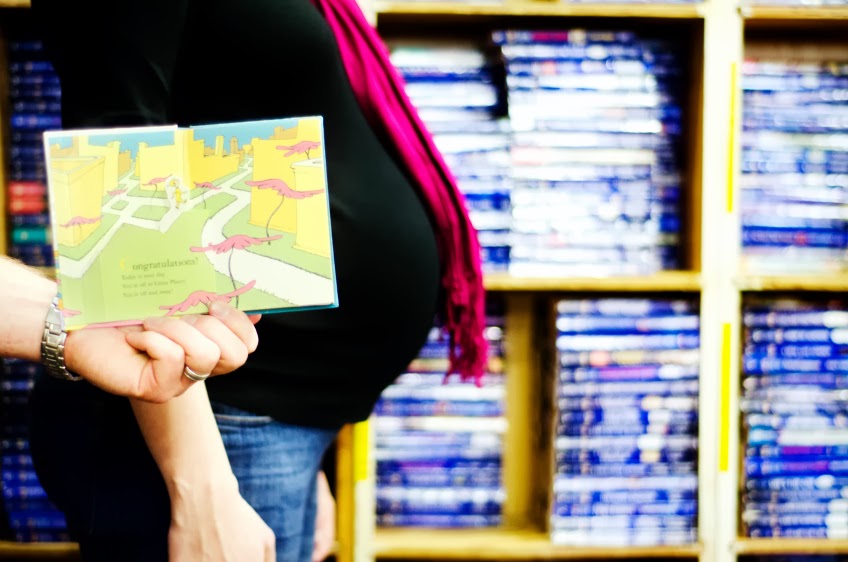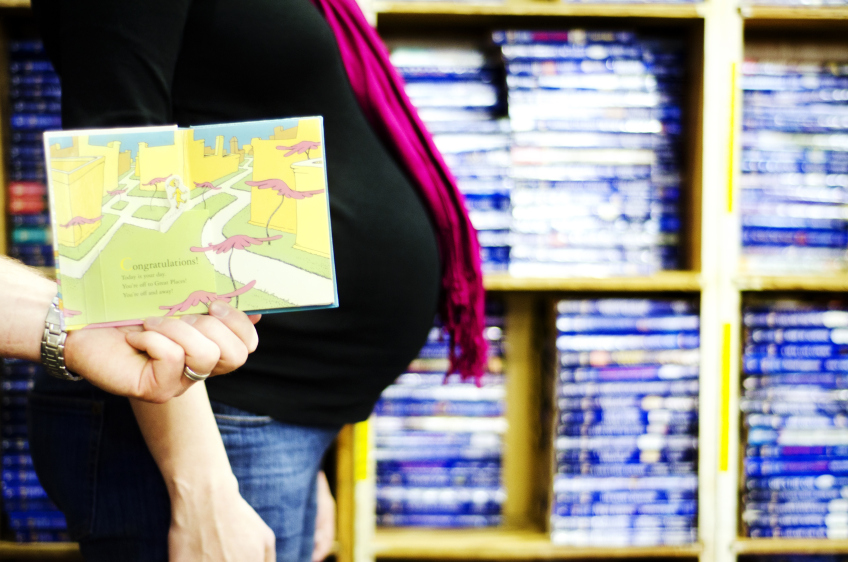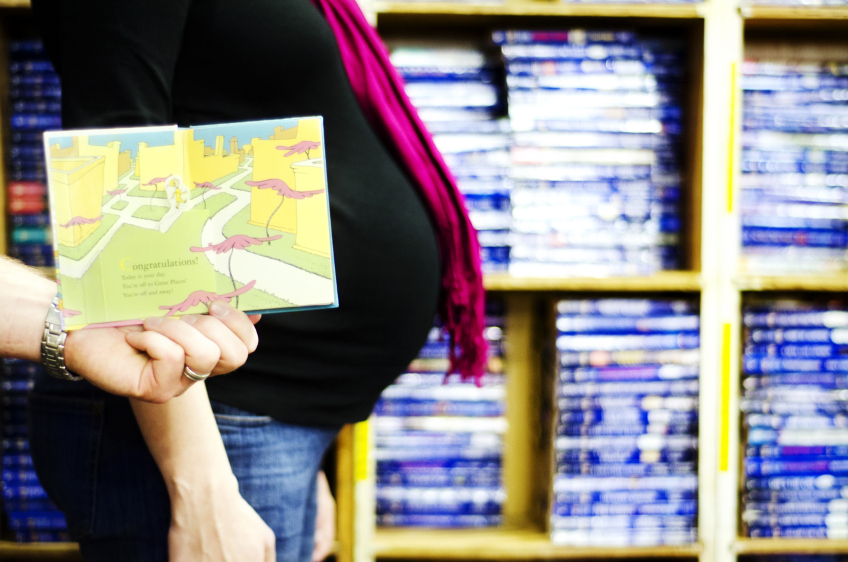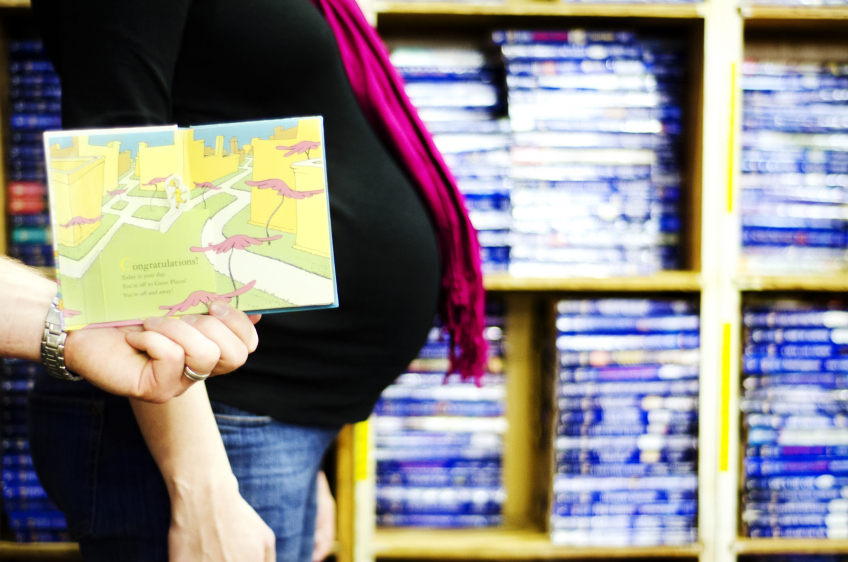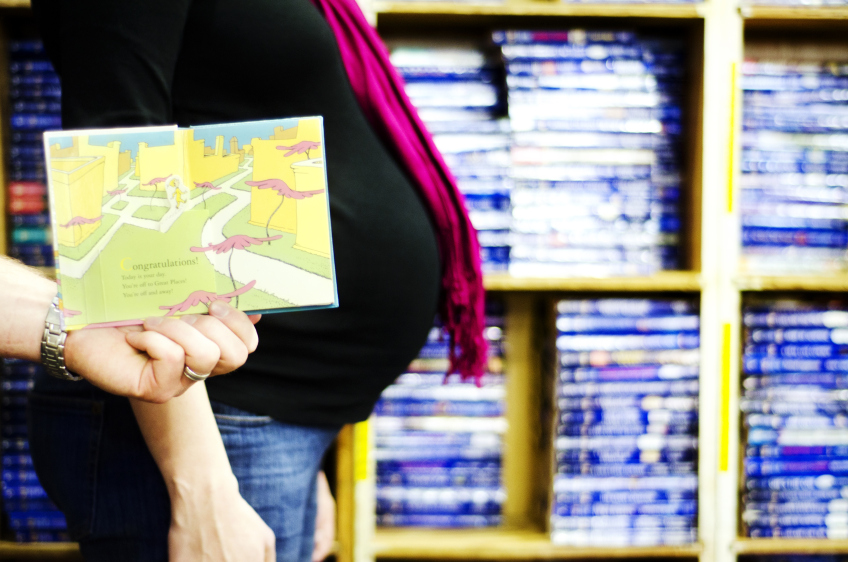
At Lily's burial service, CJ and I both read letters we'd written her. I am posting them here in the order we read them that day.
Lily,
I have no idea where to start this letter. I’m not sure I’ve ever written a letter to someone who will never hold it and read it. My hope and prayer is that God will allow you to know my heart and love for you, even though we have yet to meet.
I want to first think about joy. Though you were born still, your gift to us was learning that you existed and getting to tell your sisters that you were “in Mommy’s belly.” Ellie was exuberant. Celia tried to see you by lifting up Mommy’s shirt. Though sadness was to follow several weeks later, you brought us joy and memories we will never forget; just by being. Thank you.
When we were at the doc’s for your 20-week ultrasound, you were still. You were measuring about a month behind. You didn’t have a heartbeat. You were being, yet you were gone. I’ll never forget driving home, sitting in a parking lot down the street with Mommy. Crying. Praying. Calling your grandparents. The hardest thing I’ve ever had to do was tell Ellie, as she sat in my lap. Her attention immediately snapped from a distracted, “what now, Daddy?” to utter sadness.
We could have kept your existence as quiet as possible, managed risk, theoretically minimized the damage if the worst were to happen. We didn’t do that because we wanted to celebrate your life. All of it. Jesus said in John that He “…came that they may have life and have it abundantly.” With all friendships there are risks. With all marriages there are risks. With all children there are risks. Risks of giving and not receiving. Risks of being hurt and risks of losing someone. Having life abundantly means taking those risks.
You gave your sisters the opportunity to live life abundantly. To experience immeasurable joy and to grieve. We would rather have had the experience of them smothering you with love and telling you what to do, but make no mistake that you have been a blessing to us.
Our family is now and will forever be incomplete. Nobody could ever replace you. When we see newborns this spring and summer, toddlers next year and 10-year-olds in a decade we will wonder what you would have been like. It will make us sad, sometimes cry, but we will know that you are with Jesus, having life eternal. We will long for the day when we meet you, and Him and also your sister Avaleen.
I want to honor your memory by living life abundantly. By loving those around me, appreciating the gifts God has given me in your mom, your sisters and you; not fearing the pain of loss. While the pain of losing you is indeed severe, living a life with fear of loss is a burden too difficult for me to bear. I love you, Lily.
Love,
Daddy
* * * * * * *
Dearest Lily,
There are so many words I wish I could say to you on this day, this day that we gather to celebrate your life and also to grieve its end.
I want to tell you about the day when your Daddy and I first learned that you existed. I knew then that your presence inside me would lead to long months of fatigue and sickness, but still, I felt joy and excitement at the gift of your life.
I want to tell you about the moment when we first told your sisters about you, about how Ellie squealed with delight and how Celia lifted up my shirt, wanting to look and see if she could find this “baby in Mommy’s belly” that Daddy kept talking about. They were both so excited to meet you. We all were.
I want to tell you about the people standing in front of me today, your grandparents and aunts and uncles and cousins, the friends and neighbors who celebrated with us when we first told them about you. They loved you too, and they’ve shown their love for you and for us these past two weeks, in flowers and meals and prayers and tears, in their willingness to simply be with us in the darkness.
I want to tell you about the day you were born, about the difficult beauty of those precious hours we had to hold you in our arms. I want to tell you about the wonder of your tiny body, the marvelous intricacy of your mouth and nose and toes. I want to tell you about the doctor and the friends who cried with us that day, about the sisters who loved you just as you were, about the way we felt God’s presence with us even as we said goodbye.
I wish I had a lifetime to tell you these stories, to wrap you in my arms and hold you close, and recount for you the memories stored up in my heart. You were loved my sweet girl, and you are loved still.
This morning, your sister Ellie placed a card inside your coffin. It read, “I am sorry that you died.” And in the end, I don’t have much to add to her words. I am sorry that you died, my Lily girl. So very, very sorry.
Love,
Mommy





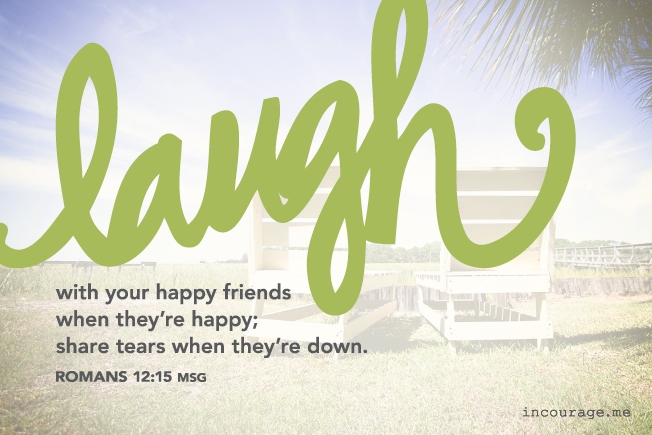 I'm honored to have a guest
I'm honored to have a guest 